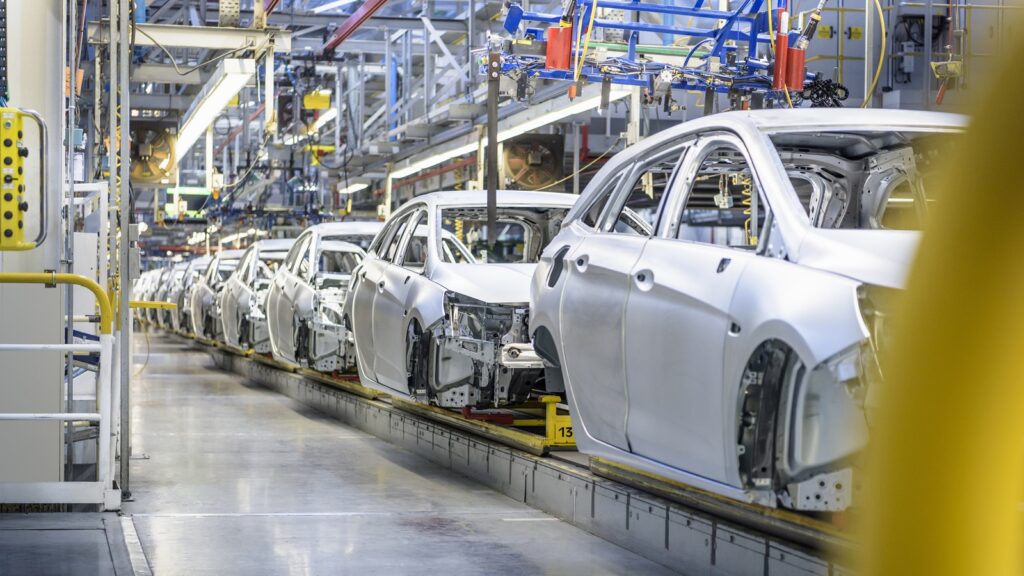
Gotion High Tech, a leading Chinese company, will construct Morocco’s first electric vehicle (EV) battery gigafactory at an estimated cost of 12.8 billion dirhams ($1.3 billion). This significant development was announced by the Moroccan government on Thursday last week.
The investment deal between Gotion High Tech and the Moroccan government outlines the establishment of the gigafactory, which will initially have a battery production capacity of 20 gigawatt-hours (GWh).
According to a statement from the Prime Minister’s office, the plant’s capacity is expected to increase to 100 GWh, with total investment potentially reaching $6.5 billion.
While Morocco is famed for its vibrant souks, iconic Moorish architecture, and stunning Saharan desert dunes, the country has also been rapidly developing its automotive industry over the past two decades, emerging as Africa’s auto-manufacturing hub.
In 2023, Morocco produced 535,825 motor vehicles, up from 464,864 in 2022, with the capacity to increase production to 700,000 vehicles, according to data company CEIC and the Associated Press.
Remarkably, Morocco has surpassed China, India, and Japan to become the primary automotive supplier to the European Union (EU), as reported by the Spanish outlet Atalayar.
Morocco’s proximity to Europe, its free trade agreements with key EU and U.S. markets, and its existing automotive infrastructure make it an attractive destination for Chinese EV battery manufacturers.
In recent months, several Chinese companies have announced plans to establish operations in Morocco:
-Hailiang and Shinzoom announced plans to set up plants near Tangier for producing key EV battery components: copper and anodes, respectively.
-BTR New Material Group received approval in April to build a factory near Tangier to produce cathodes, a critical component of EV batteries.
-CNGR Advanced Material is expected to build a cathode plant in Jorf Lasfar, 100 km (62 miles) south of Casablanca, on a 283-hectare site allocated by the government for electric battery industries.
Morocco hosts production plants for major automakers Stellantis and Renault, with a combined annual production capacity of 700,000 vehicles.
Ryad Mezzour, Morocco’s Minister of Industry and Trade, has stated that by 2030, the government aims for up to 60% of its exported cars to be domestically produced EVs.
This ambition underscores Morocco’s commitment to becoming a significant player in the global EV market.





